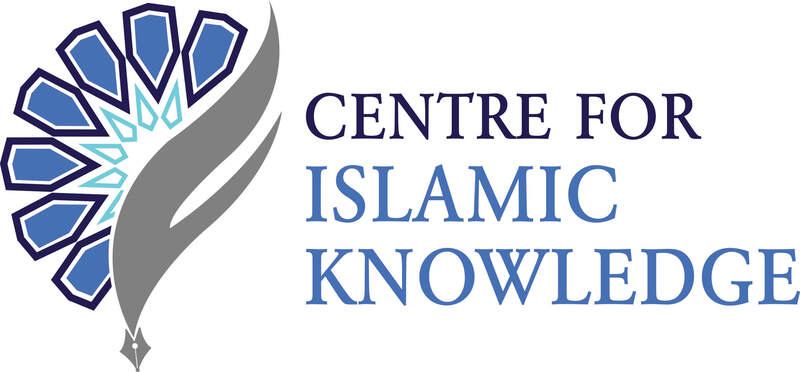One of the most contentious topics in modern Islam is whether one should adhere to an Islamic legal school or follow scripture directly. For centuries, Sunni Muslims have practiced Islam through the framework of the four legal schools. The 20th century, however, witnessed the rise of individuals who denounced the legal schools, highlighting cases where they contradict texts from the Qur'ān or Sunna. These differences are exemplified in the heated debates between the Salafi ḥadīth scholar Muḥammad Nāṣir al-Dīn al-Albānī and his Traditionalist critics. In this CIK Talk, drawing on his book Salafism and Traditionalism: Scholarly Authority in Modern Islam, Dr. Hamdeh examines the tensions between Salafis and Traditionalists concerning scholarly authority in Islam. Dr. Hamdeh offers an insider's view of the debates between Salafis and Traditionalists and their differences regarding the correct method of interpreting Islam. He provides a detailed analysis of the rise of Salafism, the impact of the printing press, the role of scholars in textual interpretation, and the divergent approaches to Islamic law.
Dr. Emad HamdehProfessor Emad Hamdeh is an Associate Professor of Arabic and Islamic Studies at Embry Riddle University. He has published several articles on contemporary Muslim reform movements and Islamic law. He is also the author of The Necessity of Hadith in Islam (International Islamic Publishing House, 2011) and Salafism and Traditionalism: Scholarly Authority in Modern Islam (Cambridge University Press, 2020). He holds a Ph.D. and MPhil in Theology from the University of Exeter (United Kingdom) and an M.A. in Islamic Studies and Christian-Muslim Relations from Hartford Seminary (United States).
|


